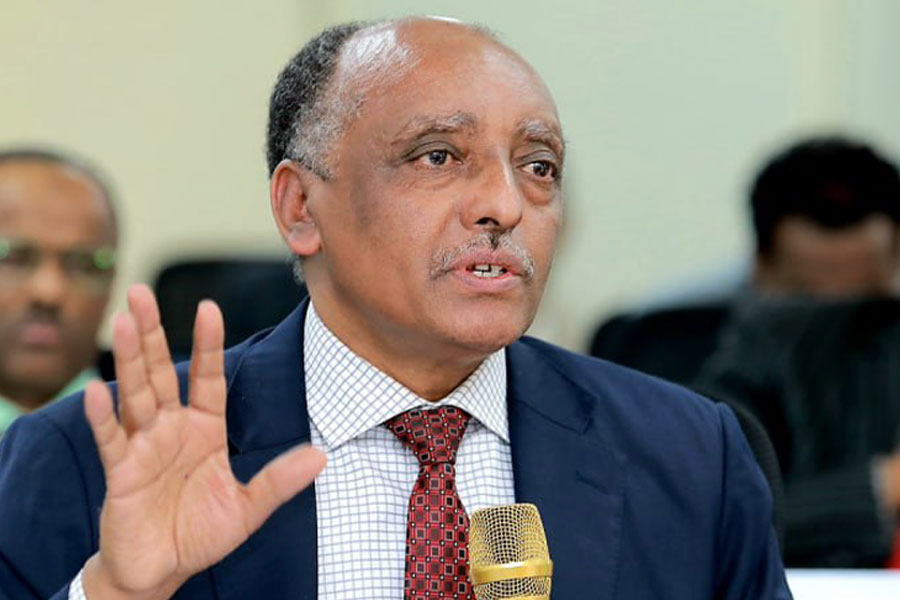
Fortune News | Aug 18,2024
Apr 26 , 2019
By Austine Sequeira
A democratic political system rests on three pillars - the executive, legislature and judiciary. As democratic systems flourished, there was a need to add one more pillar to make it stand firm, the free press. A free press, independent of government, is required to maintain transparency and to check up on the workings of the state.
Empirical research suggests that the press originated and flourished as an economic press. Freedom of the economic press was never highlighted, as it was never an issue. Likewise, information dissemination by the economic press and its effectiveness was never questioned. As democracy and democratic institutions developed, the press turned to politics. The role of the press, hitherto restricted to “inform” the masses, suddenly became the “protector of the masses” and an “institution of economic development”.
As the human race developed, human rights, freedom of speech and free expression became the buzz words by which the quality of life was evaluated. As the free press gained a place of importance in people’s lives, prejudice stepped in. Press can be free only if the reporter and the journalists are free and fair themselves as well as in their reporting.
Reporters Without Borders (RSF), the Parisian NGO, has recently released this year’s World Press Freedom Index (PFI). The PFI is based on the degree of freedom available to journalists in 180 countries. The criteria selected for evaluation are pluralism, media independence, media environment and self-censorship, legislative framework, transparency and the quality of the infrastructure that supports the production of news and information.
Scandinavian countries occupied the top five slots in the 2019 rankings. These countries enjoy high per capita income, strong economies, small populations and high levels of literacy and women’s participation in public life. The free press seems to be living here out of contentment.
Larger vibrant economies and democracies, such as Germany and Australia, feature in the top 25. The United Kingdom and United States, countries where democracy was developed, figure at 33 and 48, respectively. The real surprise is India and Singapore. The world’s largest and most vibrant democracy, India, is at 140 - two points below its position in 2018.
Asia’s shining armour, Singapore, is at 151, while the wealthy Gulf countries stand below 140, except Kuwait in 108th place.
Can we then deduce that growing economies are overlooking freedom of the press in their march toward attaining high standards of life?
Let’s analyse what is happening in Sub-Saharan Africa. Ghana is a contrarian star, ranking 27th - four points lower than 2018. It is followed by South Africa and Senegal at 31st and 49th places, respectively, both countries with economies growing at rates above seven percent in 2018.
They enjoy stable, multi-party democracy with smooth transitions of power. Perhaps such stability has led to a free press. Burkina Faso is yet another surprise in the pack by ranking in 36th place despite facing political upheaval and terrorism. Kenya, Mozambique, Ethiopia and Tanzania feature at 100, 103, 110 and 118, respectively.
However, the greater point is how effective the free press is in ushering in change and protecting human rights?
African countries are enjoying higher rankings in the index, but the change they bring to society is negligible. On the contrary, press in India and Singapore is more lethal in influencing public life, as it is in Britain and the United States.
There is no denying the role of the free press in democracies. Fast-growing African economies indeed have a good reason to celebrate their global rankings on the free press scale.
Democratic systems in these countries may be imperfect today. However, if media institutions can be focused in the right track, they can go a long way in gradually removing the imperfections and instilling transparency in public life. If this is not the case, there is no reason to expect that the press would be independent and professional just because it is free.
PUBLISHED ON
Apr 26,2019 [ VOL
20 , NO
991]
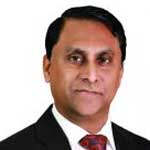

Fortune News | Aug 18,2024

Editorial | Aug 10,2024
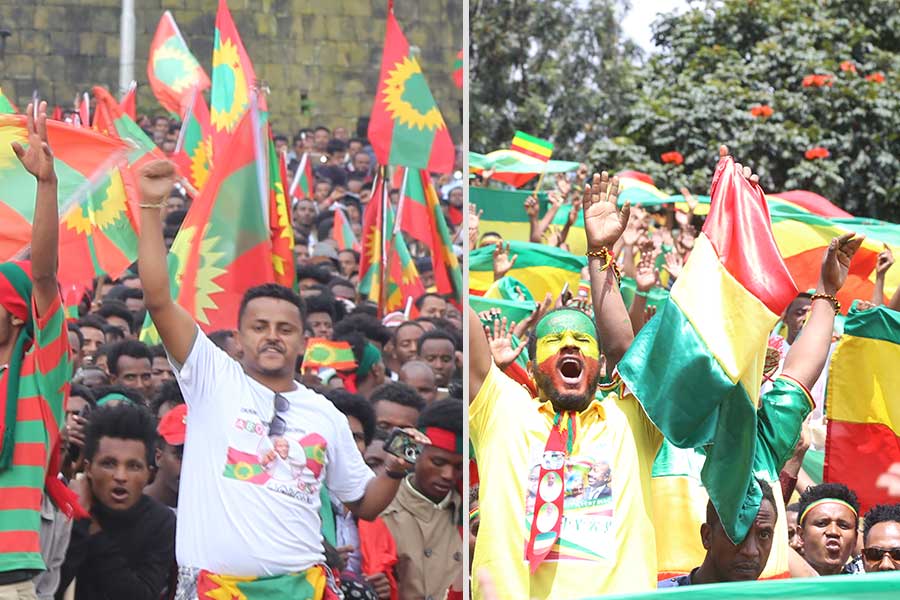
News Analysis | Jan 05,2020

Radar | Jul 24,2023

Fortune News | Dec 02,2023

Sunday with Eden | Dec 17,2022

Fortune News | Mar 02,2019
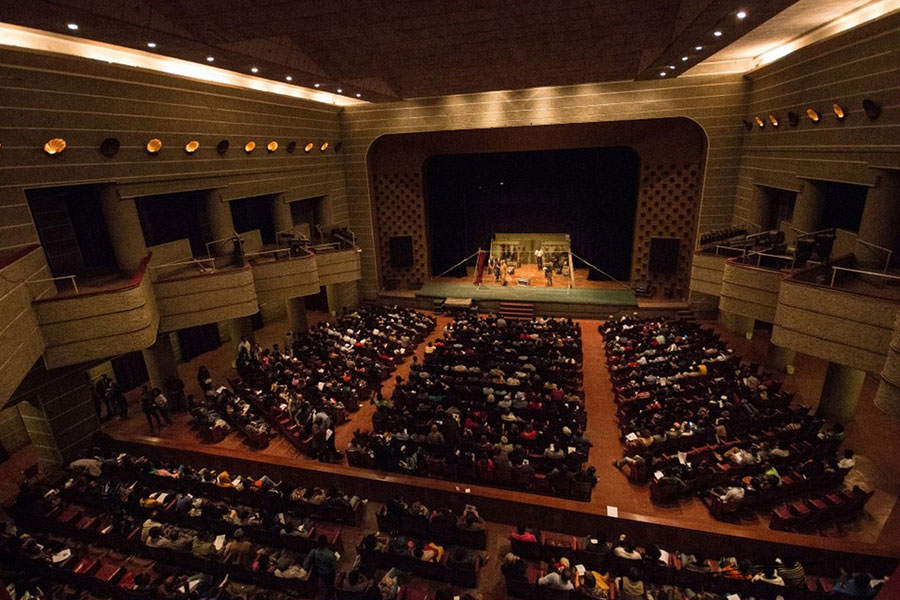
View From Arada | Jan 22,2022

Life Matters | Oct 02,2021
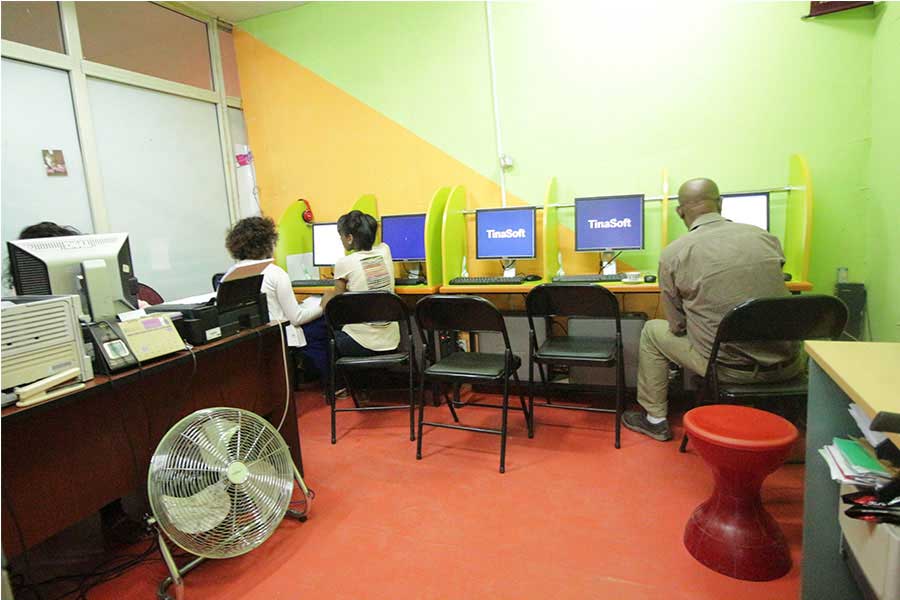
News Analysis | Jan 05,2020

Photo Gallery | 175108 Views | May 06,2019

Photo Gallery | 165334 Views | Apr 26,2019

Photo Gallery | 155622 Views | Oct 06,2021

My Opinion | 136774 Views | Aug 14,2021

Dec 22 , 2024 . By TIZITA SHEWAFERAW
Charged with transforming colossal state-owned enterprises into modern and competitiv...

Aug 18 , 2024 . By AKSAH ITALO
Although predictable Yonas Zerihun's job in the ride-hailing service is not immune to...

Jul 28 , 2024 . By TIZITA SHEWAFERAW
Unhabitual, perhaps too many, Samuel Gebreyohannes, 38, used to occasionally enjoy a couple of beers at breakfast. However, he recently swit...

Jul 13 , 2024 . By AKSAH ITALO
Investors who rely on tractors, trucks, and field vehicles for commuting, transporting commodities, and f...

Oct 18 , 2025
The political establishment, notably the ruling party and its top brass, has become p...

Oct 11 , 2025
Ladislas Farago, a roving Associated Press (AP) correspondent, arrived in Ethiopia in...

Oct 4 , 2025
Eyob Tekalegn (PhD) had been in the Governor's chair for only weeks when, on Septembe...

Sep 27 , 2025
Four years into an experiment with “shock therapy” in education, the national moo...

Oct 18 , 2025 . By NAHOM AYELE
In a sweeping reform that upends nearly a decade of uniform health insurance contribu...

Oct 18 , 2025 . By BEZAWIT HULUAGER
A bill that could transform the nutritional state sits in a limbo, even as the countr...

Oct 18 , 2025 . By SURAFEL MULUGETA
A long-planned directive to curb carbon emissions from fossil-fuel-powered vehicles h...

Oct 18 , 2025 . By BEZAWIT HULUAGER
Transaction advisors working with companies that hold over a quarter of a billion Bir...